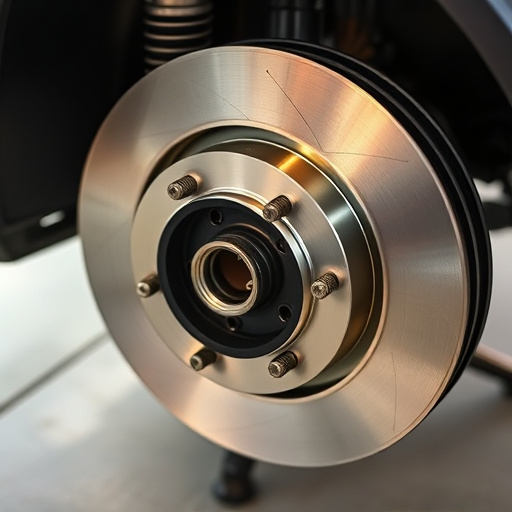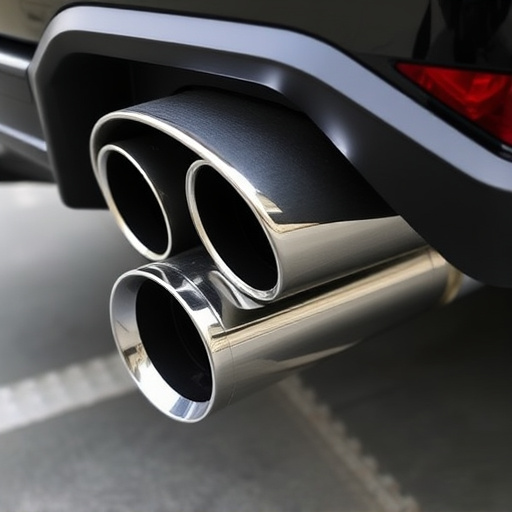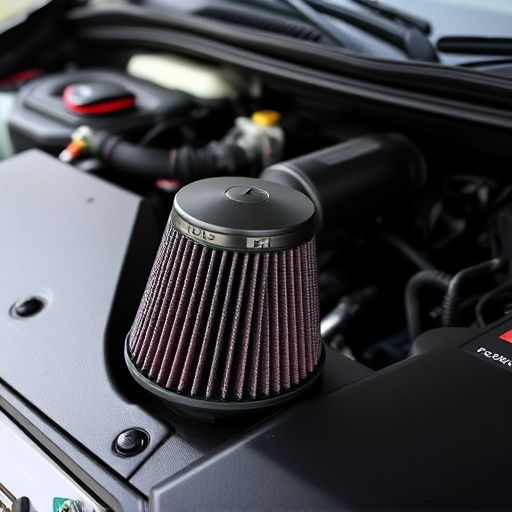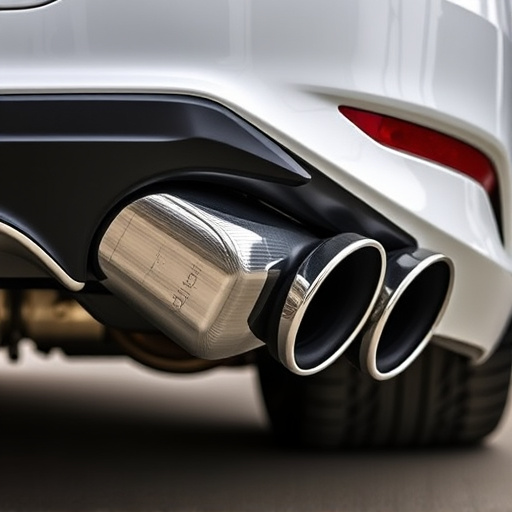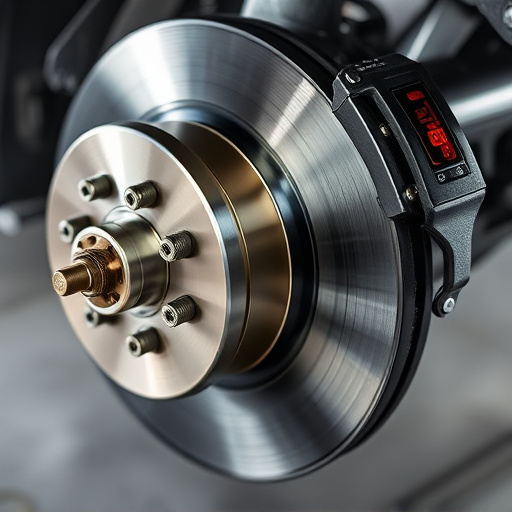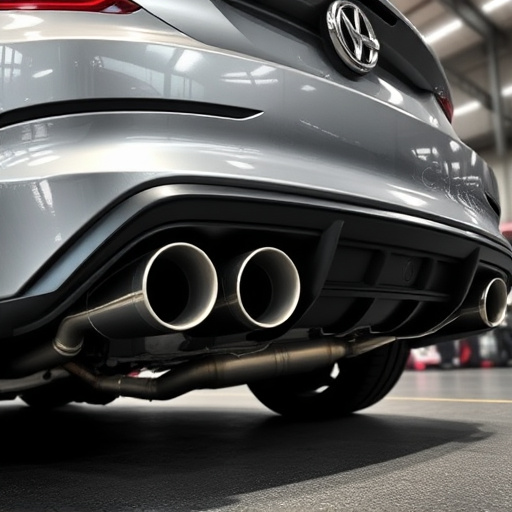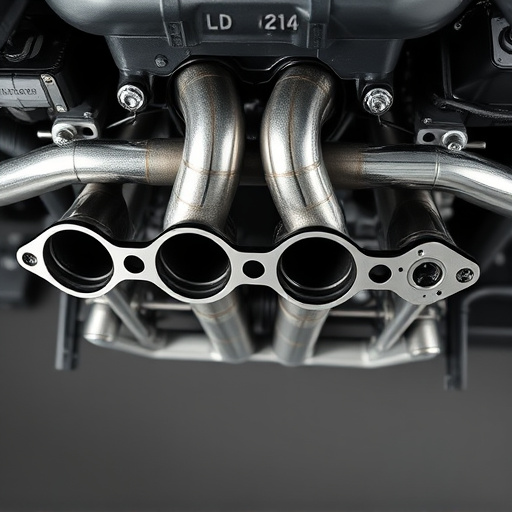Dry air filters offer superior performance and convenience compared to traditional cotton-based filters, trapping pollutants while allowing free airflow, thus improving engine efficiency and gas mileage. Easy to maintain and compact, they are a popular choice for drivers seeking reliable, space-efficient solutions. Over traditional wet filters, dry air filters simplify maintenance schedules, protect against moisture buildup and corrosion, especially in humid regions, and cost-effectively ensure consistent airflow. Implementing a dry air filter system enhances vehicle performance and safety, with regular checks and adherence to manufacturer guidelines crucial for optimal results, particularly for advanced suspension systems.
In today’s digital era, maintaining optimal air quality indoors is paramount. Among various options, dry air filters stand out for their ease of maintenance and efficiency. This article delves into the world of dry air filters, exploring their unique benefits and advantages over traditional systems. We’ll guide you through the implementation process and best practices to ensure your dry air filter system runs smoothly, providing a clean and healthy environment.
- Understanding Dry Air Filters and Their Unique Benefits
- Advantages of Choosing a Dry Air Filter for Regular Maintenance
- Implementation and Best Practices for Maintaining a Dry Air Filter System
Understanding Dry Air Filters and Their Unique Benefits
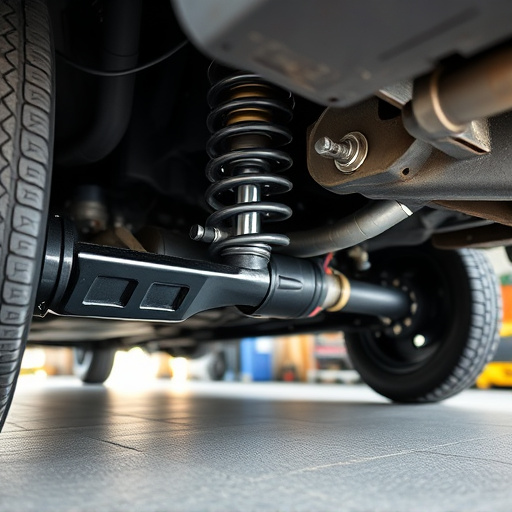
Dry air filters are a cutting-edge solution for maintaining optimal vehicle performance. Unlike traditional filters that rely on dense, cotton-based media, dry air filters utilize advanced materials designed to capture pollutants and debris while allowing clean air to flow freely. This unique approach not only ensures high performance parts remain unladen with contaminants but also enhances overall engine efficiency. By keeping the intake system clear of buildup, dry air filters contribute to better gas mileage and improved vehicle performance, much like well-oiled muffler tips that direct exhaust smoothly.
The benefits extend beyond these practical considerations. Dry air filters are renowned for their ease of maintenance—a simple rinse or replacement every few thousand miles is often all that’s required. This accessibility makes them a favorite among drivers who value convenience and reliability. Moreover, the lightweight design and compact size of dry air filters make them easily accessible, fitting seamlessly into modern vehicles without compromising interior space.
Advantages of Choosing a Dry Air Filter for Regular Maintenance
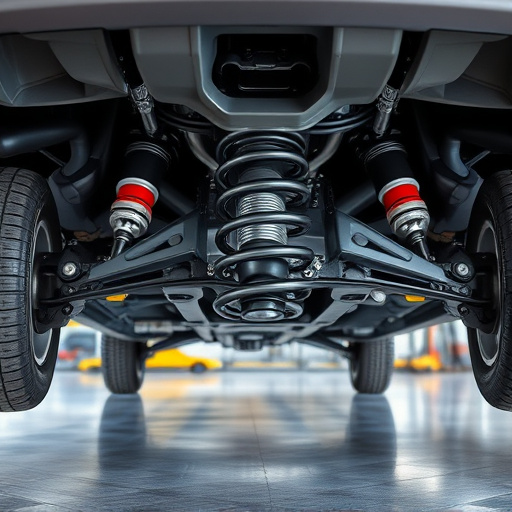
Choosing a dry air filter for regular maintenance offers numerous advantages. Unlike traditional wet filters that require frequent cleaning or replacement, dry air filters accumulate dust and debris over time, making them ideal for maintaining consistent airflow without constant intervention. This feature not only simplifies your routine maintenance schedules but also ensures a more efficient and cost-effective solution.
Moreover, the design of dry air filters promotes better protection for crucial components such as brake pads, suspension parts, and other sensitive systems in your vehicle. By keeping the air clean and dry, these filters reduce moisture buildup that could lead to corrosion or damage, thereby extending the lifespan of essential parts. This is particularly beneficial in regions with high humidity levels or for vehicles often exposed to wet conditions.
Implementation and Best Practices for Maintaining a Dry Air Filter System

Implementing a dry air filter system is a straightforward process that can significantly enhance your vehicle’s performance and efficiency. Once installed, regular maintenance is key to keeping it running optimally. Best practices include periodic checks to ensure no debris buildup or clogs occur, which could impede airflow and reduce engine power. Regular cleaning or replacement of the filter, depending on its type and usage, is essential for maintaining peak performance.
For those considering upgrade kits like suspension or coilover kits that incorporate dry air filters, consistent maintenance routines become even more critical. These advanced systems offer improved handling and customization options but demand closer attention to filter health. Regular monitoring, cleaning, and replacement as per the manufacturer’s guidelines will not only ensure optimal vehicle dynamics but also prolong the life of your suspension components, ultimately contributing to safer and more enjoyable driving experiences.
Dry air filters stand out as a preferred choice for efficient, low-maintenance indoor air quality solutions. Their unique benefits, coupled with straightforward implementation and regular maintenance practices, make them an ideal option for homes and offices alike. By investing in a dry air filter system, you can enjoy cleaner, healthier air while saving time and effort on upkeep. This convenient approach to air purification is a game-changer for those seeking hassle-free, effective air filtration.








